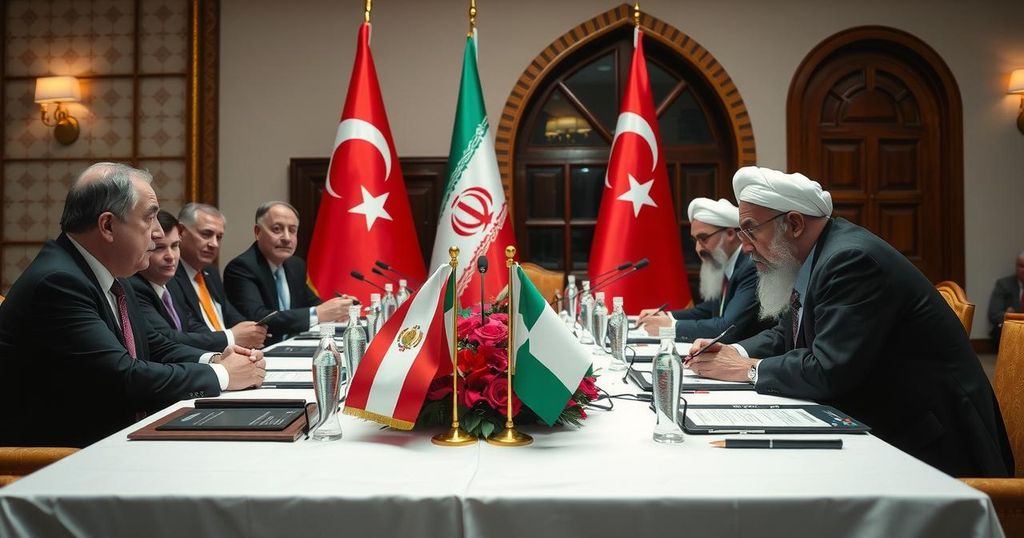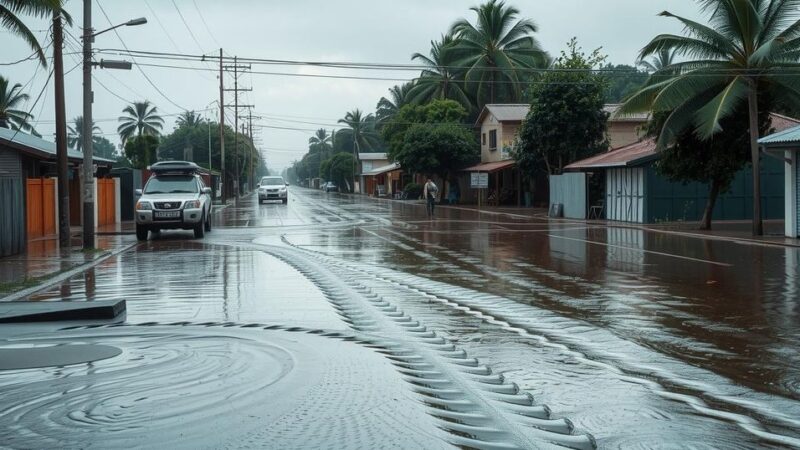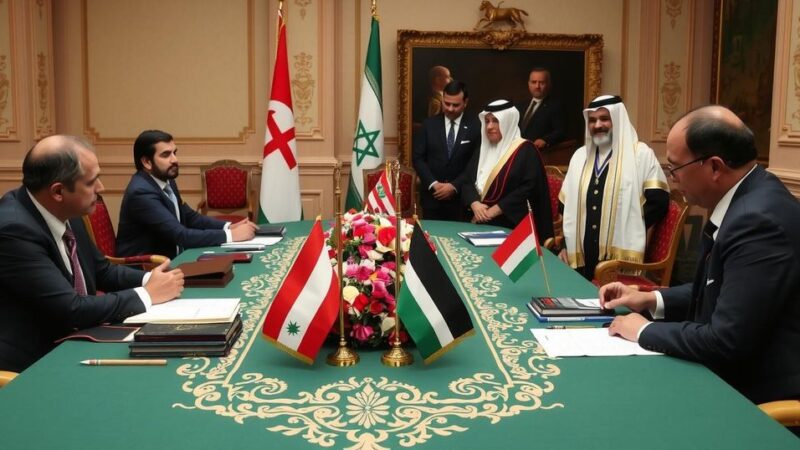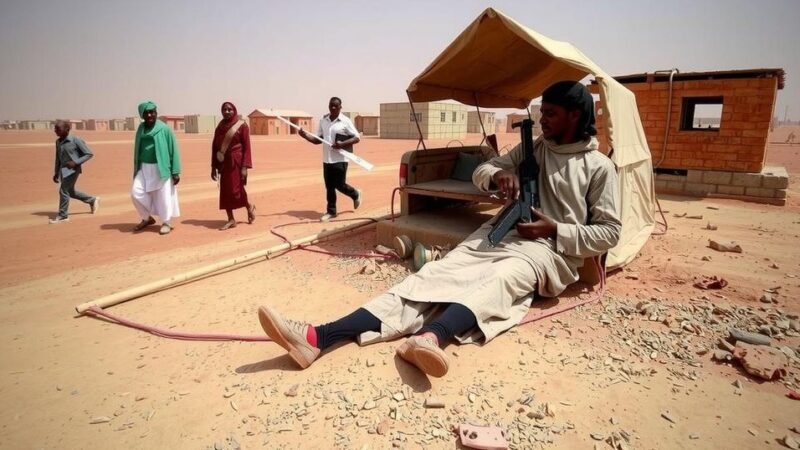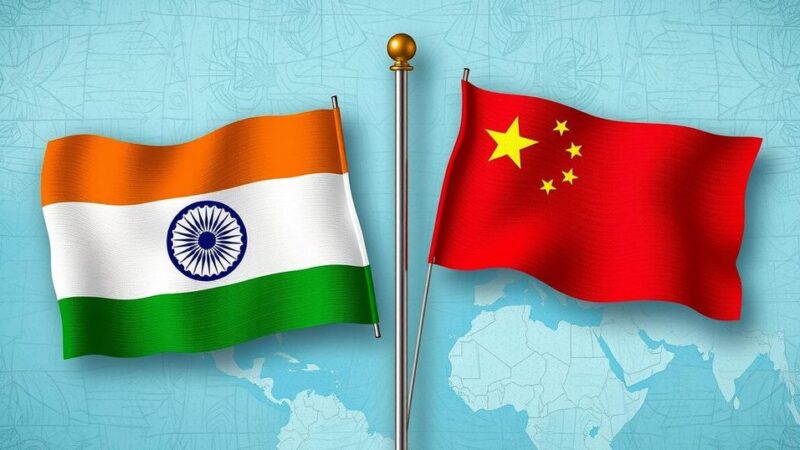At a D-8 summit in Cairo, Turkey’s President Erdogan and Iran’s President Pezeshkian called for unity and reconciliation in Syria following the ousting of President Assad. The leaders underscored the need for inclusive governance and the importance of addressing regional conflicts, particularly in Gaza and Lebanon.
At a recent summit in Cairo, the leaders of Turkey and Iran underscored the necessity for unity in Syria following the ousting of President Bashar al-Assad. Historically, Turkey has aligned itself with Assad’s opponents, while Iran has supported his government. The summit, attended by eight Muslim-majority nations as part of the D-8 Organisation for Economic Cooperation, addressed the prevailing regional issues, including ongoing conflicts in Gaza and Lebanon alongside unrest in Syria.
Turkish President Recep Tayyip Erdogan emphasized the importance of reconciliation in Syria, advocating for the preservation of the country’s territorial integrity and the establishment of a peaceful environment wherein diverse religious and ethnic communities coexist. Concurrently, Iranian President Masoud Pezeshkian highlighted the necessity for inclusive governance in Syria, urging the recognition of varying beliefs and religions. He also lamented the extensive sufferings inflicted on the Middle East, noting Hezbollah’s and Hamas’s casualties in recent hostilities.
The summit also saw Palestinian President Mahmud Abbas calling for justice against Israel’s actions in Gaza and Lebanon, urging an international response to uphold accountability for violations of international law. Concurrently, Mr. Pezeshkian expressed Iran’s solidarity with the Palestinian cause, advocating for the preservation of their right to self-determination.
Additionally, the gathering facilitated discussions between the leaders of Pakistan and Bangladesh, aiming to bolster their bilateral relations despite historical tensions. The D-8, established in 1997 to promote collaboration among its members, consists of Egypt, Turkey, Iran, Nigeria, Pakistan, Bangladesh, Indonesia, and Malaysia, and serves as a critical platform for addressing economic and political challenges in the region.
The recent summit in Cairo represented a significant diplomatic event for the D-8 Organisation, comprising predominantly Muslim nations. This gathering occurred amid ongoing regional conflicts, particularly in Gaza and Lebanon, alongside the crisis in Syria. Historically, Turkey and Iran have held opposing stances regarding the Syrian conflict, making their unified call for reconciliation noteworthy. The presence of Palestinian leadership further emphasized the summit’s focus on regional stability, justice, and humanitarian aid amid escalating tensions.
The Cairo summit not only reflected an evolving diplomatic landscape between Turkey and Iran but also emphasized the urgent need for cooperative efforts to restore peace and stability in Syria and the wider region. By advocating for inclusivity and the right to self-determination for Palestinian peoples, leaders showcased their commitment to addressing enduring conflicts. This event was indicative of potential shifts in alliances and collective responses to pressing challenges faced by the member states.
Original Source: www.newarab.com

